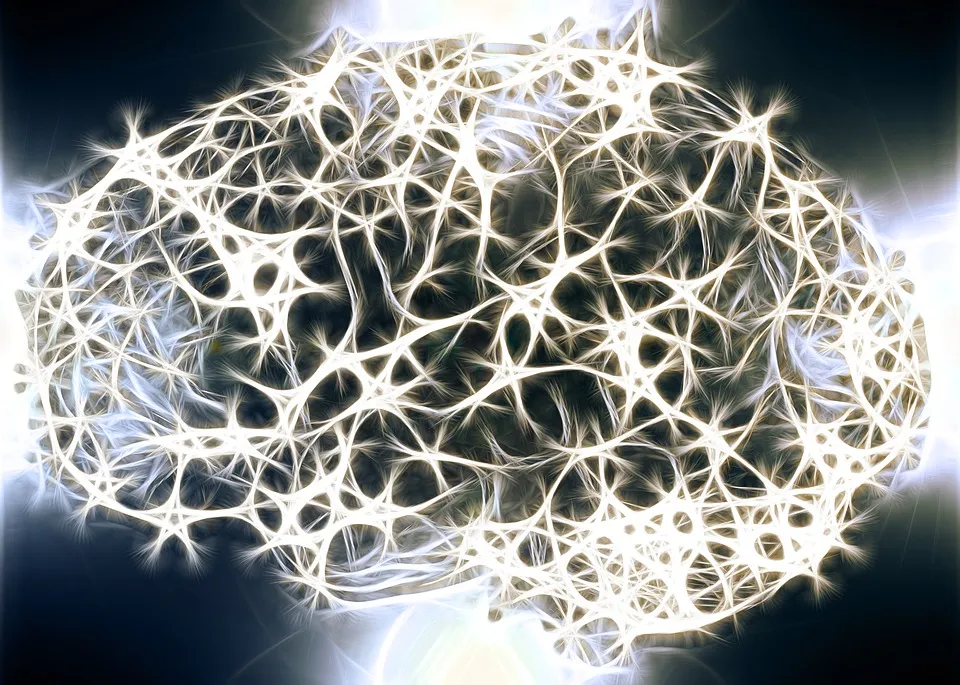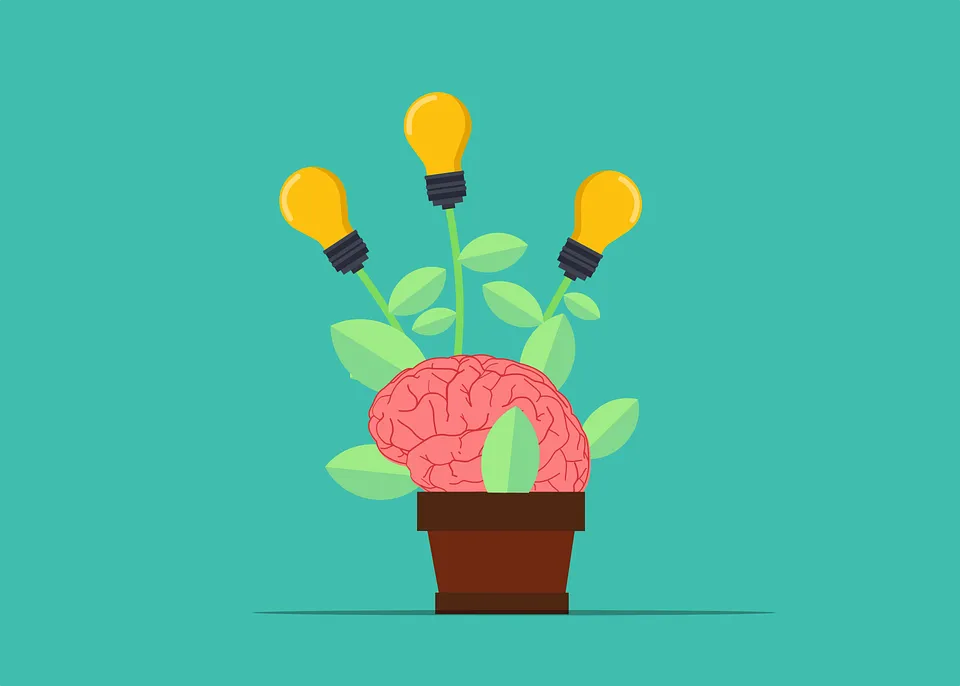Neurons are believed to be the cells responsible for cognition. Unless the brain is just some kind of fancy antenna receiving consciousness waves from the universe, these little guys are the reason you are capable of doing anything at all. They come in three different categories, but there are hundreds of different types.

Each one is simply doing their job, communicating with electricity and chemicals. There are 85 billion of these cells all working together to form one singular entity. It's amazing that we can devote so much attention to learning specific things when our minds are made up of billions of different organisms, each with their own agenda.
Let's take a mosquito bite, for example. When bitten by a mosquito, pain receptors send signals to the part of the brain that recognizes that's bad.
Afterwards, those cells will send signals to the cells that control motion to investigate, while also sending signals to the part of the brain that makes you actually think "ow". Perhaps even to the cells that make you talk to warn the colony of 85 billion neurons sitting next to you.
After those cells move your head, the visual receptor neurons fire off after detecting rays of light, updating the pattern-recognizing ones that realize it's a mosquito. Which then fires off the warning to the cells that devise the solution, who then send it off to the cells that tell your arm to swat the damn thing. And this happens every second of every day, for our entire lives. I can't even begin to go into what kind of signaling was involved in my decision to write this article.

But, now that we've got a basic idea of neurons and how they signal, I (or we?) can get into the main point of this article. The China Brain is a thought experiment made famous by Ned Block, who used it as an argument against functionalism. The belief that the function of neurons is what is important, and not the neurons themselves.
The China Brain is the concept of taking billions of people and handing them walkie-talkies. Each person would be assigned one of the hundreds of different tasks the neurons in the brain take on, and the eventual output of all that data would be transmitted wirelessly into a robotic body. The question then becomes, is that new entity conscious to the same degree that we are?
Block didn't believe so, instead thinking the resulting being would be a philosophical zombie. A being who appears to be alive in every single way but isn't. While there is no way to know for certain, even if we actually performed the experiment, it is a very controversial opinion. As time goes on, functionalism is becoming the popular point of view.
I came across an article several years ago by Jason Zarri that is an excellent rebuttal to Block's beliefs. He argues that viewing the China Brain as an argument against fundamentalism would mean it would also be an argument against materialism (the belief that material is just as important as function alone) as well.
He proposes taking the operating China Brain and slowly replacing each human with an actual neuron. Self-contained, but sending the same signal to the appropriate neuron or soon to be replaced human. The end result (dubbed the Scattered Brain) is functionally identical to the China Brain, it is just now made up of neurons.
Zarr proposes that if the China Brain isn't conscious, then the Scattered Brain wouldn't be either. But also that, if the Scattered Brain isn't actually conscious, then there isn't a good reason to think that we are actually conscious. The Scattered Brain isn't just functionally identical to the human brain like the China Brain is, it is nearly identical. The only difference being the distance between neurons.
And unless the laws of physics and consciousness operate on some children's anime "friendship is power!" notion, I can't think of any reason why distance would be the determining factor here.

I find this topic so fascinating because of the implications it provides. Zarr proposes brilliant reasoning for functionalism. If functionalism is the correct stance, then the amount of variety in consciousness spikes way up. At the end of the day, your neurons are just cells that have the ability to communicate with other cells. We find this to varying degrees in every form of life.
While I don't expect plants to be sitting around thinking about how they exist, I do feel like there is a level of consciousness that we are blatantly ignoring. The cells in plants also have the ability to communicate with each other. When a plant is hungry, signals are sent to its roots to dig deeper. When the weather is right, signals are sent to grow flowers and seeds. When leaves receive sunlight, signals are sent to grow in that direction.
While the communication method of these plants may be far different to our own, it's not absurd to imagine that these plants might not just have mindless needs, but mindful wants as well. They may truly want sunlight, or want water. large colonies of cells whose many signals combine to form a single, unified consciousness.
This becomes even more interesting with artificial intelligence. We should probably tread carefully in this area; I often believe that fears of violent AI are exaggerated; even if that couldn't happen, there are issues. With the way people look at animals today, it's not absurd to believe that we may end up creating a truly new intelligence only to damn it to eternal slavery.
Treating it as nothing more than a calculator because it doesn't have the magical substance known as neurons. This could even end up being the thing that sparks the evil AI cliche. Even if we did treat it as a conscious entity, there is a chance that it viewed itself as the only actual conscious entity.
And honestly, it probably makes more logical sense than the way we view plants. Unlike us, which are made up of billions of other things producing our experiences, an AI could theoretically have soul control of every conscious part of its body. Being reasonably sure that it is a single entity while viewing us as a bunch of ants hiding in a trench coat.
Loved the article? Check out my blog for more. I plan on making this a long running series as my own knowledge of the topic grows. I will also blog about other matters typically in the realms of philosophy, science, and religion.